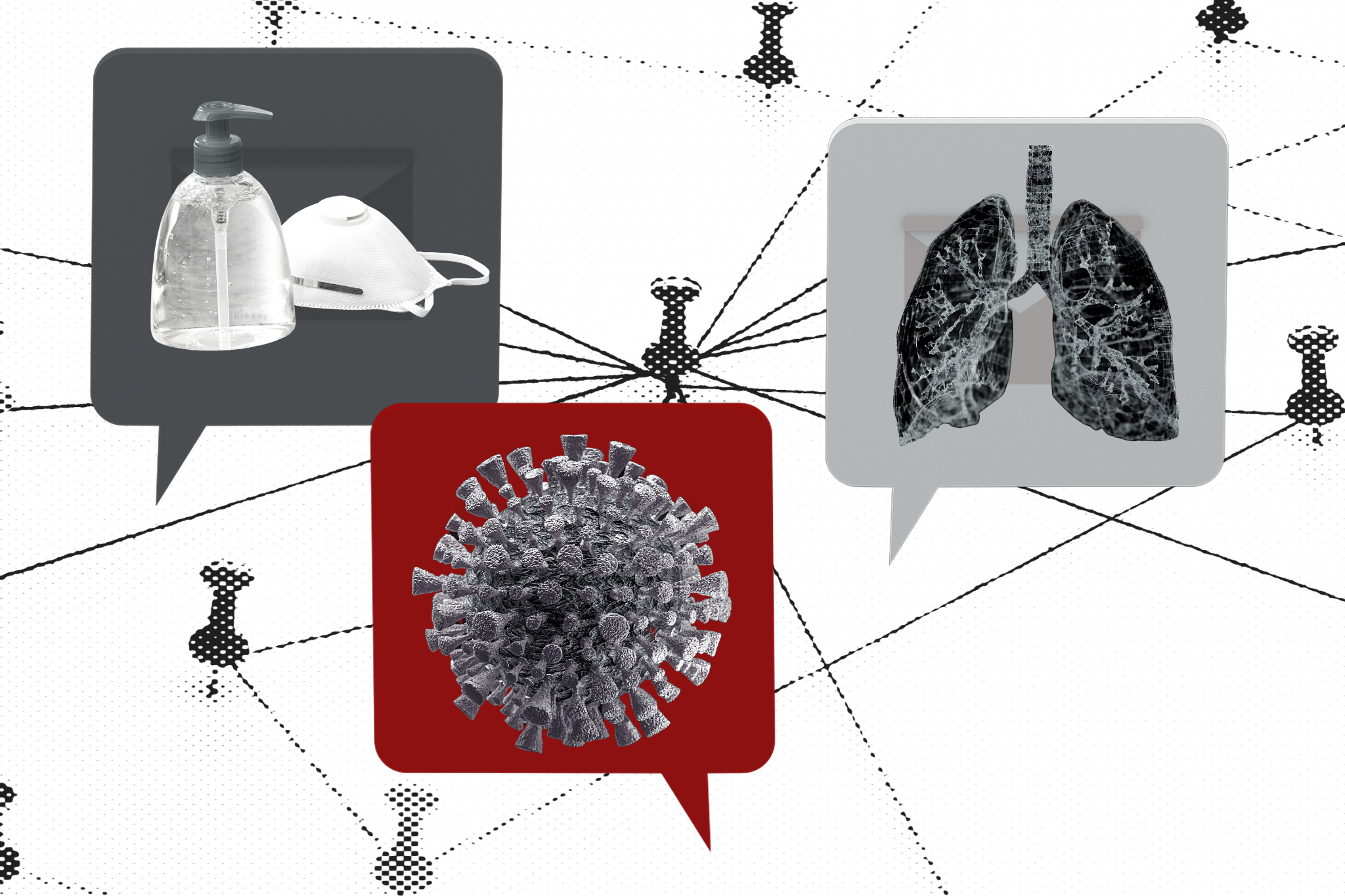In the Documents: Federal and Local Governments’ Communications from Early Months of Pandemic Show Confusion, Frustration
Here’s a summary of coronavirus-related records that American Oversight has published in the last month.

In the last month, American Oversight has published documents that help paint a fuller picture of federal and state responses to the pandemic during the early months of the crisis.
In response to our request for the communications of officials at the Department of Health and Human Services, we received nearly 1,000 pages of records spanning January through March.
The documents show some confusion among federal officials involved in the pandemic response. On Jan. 30, Robert Kadlec, the assistant secretary for preparedness and response at HHS, and Ken Rapuano, an assistant secretary of defense, exchanged emails about a meeting that they indicated had not provided clear instructions. Kadlec also referred to a State Department decision that was “a shocker.” On Feb. 10, Brett Giroir, the assistant secretary for health at HHS, expressed confusion about Surgeon General Jerome Adams’ involvement in an aspect of pandemic response (much of the substance of the email chain is redacted) and was told “they want ‘the Surgeon General’ for PR.”
At the same time, emails also hinted to problems that would continue to haunt the United States for months. One message sent before a meeting with U.S. corporation 3M and multiple government officials, including Kadlec and FDA Commissioner Stephen Hahn, included the note that N95 masks “cannot be effectively decontaminated for reuse.” An email that circulated on March 14 discussed problems facing hospitals, including the rationing of personal protective equipment. Scarcity of PPE has resulted in long-standing problems, and depleted N95 supplies have led to these masks being reused during the pandemic.
Finally, the HHS documents show agency officials referencing early on the need to take coordinated action to mitigate the coronavirus’ spread. On Feb. 27, Carter Mecher, a senior adviser in the Department of Veterans Affairs, circulated a “list of actions to take now.” Duane Caneva, the chief medical officer at the Department of Homeland Security, responded, “We’ll take a stab on detention facility (congregate setting) actions, since ours is a real mess (250 […] facilities that constantly mix international detainees around the nation—apparently it’s a secret sauce for disease spread).” A congressional investigation in September noted that the coronavirus had spread rapidly in detention centers, due in part to the presence of longstanding problems like overcrowding, lack of medical care, and unsanitary living conditions.
Another set of records from Palm Beach County showed Florida counties struggling to provide testing in March and April, as the nation continued to face a shortage of tests. In the documents, county officials expressed frustration with the state government for not providing enough testing sites to Palm Beach and communicated with Walmart about setting up a site. The records also show that county officials considered buying PPE from private individuals with ties to local politicians.
American Oversight also received a set of records from Wisconsin, which show that state legislators ignored repeated warnings from public health officials and election commissioners that the in-person April 7 primary election posed a serious risk. Despite the warnings, the election went ahead as planned.